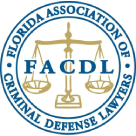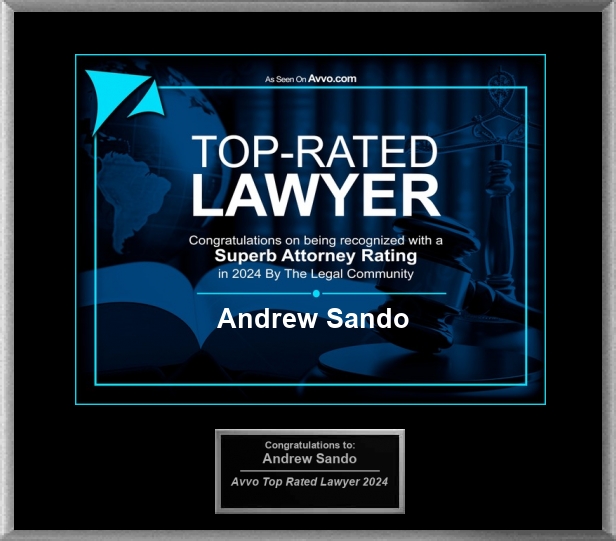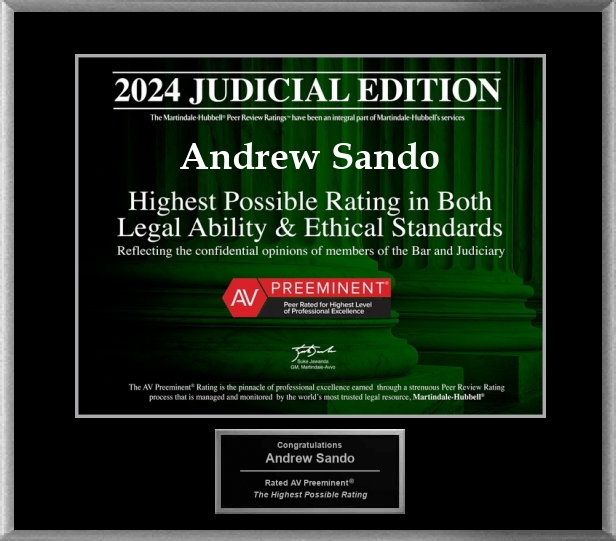What is domestic violence in Florida?
Attitudes about domestic violence have changed radically in the past century. Communities may have disapproved of someone physically attacking another family member, but it was generally thought to be a private matter. Now we have a much clearer understanding of the long-term harm that domestic violence can perpetuate. This type of abuse is now classified as criminal behavior. Like other states, Florida takes domestic violence seriously and prosecutes charges rigorously.
Since 2018, the Florida statutes have defined domestic violence as “…any assault, aggravated assault, battery, aggravated battery, sexual assault, sexual battery, stalking, aggravated stalking, kidnapping, false imprisonment, or any criminal offense resulting in physical injury or death of one family or household member by another family or household member.”
What all these changes have in common is that they are actions by one person to exert control over another person who is in the same household. Power dynamics within a household are often not equal. For instance, one spouse may be financially dependent or a parent with dementia might not be able to function independently. However, under Florida law, no one has the legal right to intimidate, terrorize, manipulate, or injure someone who lives in the same household.
Who are the common targets of domestic violence?
The term “domestic violence” is still often associated with physical battery occurring within a marriage, most often perpetrated by the husband against the wife. Sadly, this is one of the most frequent types of domestic violence, but Florida law identifies domestic violence targets more broadly:
- Spouses
- Former spouses (whether separated or divorced)
- Blood relations
- People living together as a family (or who have done so in the past)
- People who have a child together (whether or not they were legally married and whether or not they live together)
Statistics show that domestic violence affects people of every gender, race, sexual orientation, educational level, class, or age.
Anyone who is the target of domestic violence should be aware that they have the legal right to protect themselves and other family members from this type of abuse. Sando Law, P.A., can answer any questions you have about your rights under Florida family law and your options for moving forward. We also offer legal guidance to those in Palm Beach County who are facing domestic violence charges.
What are some examples of domestic violence?
The Florida domestic violence statute lists several specific criminal behaviors, including assault and battery. In brief, assault means making a credible threat of violence, for instance, raising a fist while verbally stating an intention to hit someone. Battery is actually causing bodily harm. These charges might be classified as misdemeanors if evidence shows that the harm or threat of harm was not severe. However, if the actions result in serious physical injury or fear of injury, these charges can be bumped up to aggravated assault or battery, which are felonies. Any assault or battery that includes sexual abuse is another category of domestic violence.
Florida courts also consider non-physical actions such as stalking and false imprisonment as domestic abuse. Stalking refers to repeated attempts to contact someone against their wishes with the intent to intimidate or harass them; this includes cyberstalking. Because stalking is such a serious violation of privacy and statistics show that it can escalate to serious physical harm, Florida has strict penalties for this type of domestic abuse.
Florida recognizes the full spectrum of domestic violence, including physical, emotional, psychological, and financial abuse. Consult with a knowledgeable Florida domestic abuse attorney about the best strategy for resolving these charges. Sando Law, P.A., is proud of our success in litigating cases for our domestic abuse clients in Marin and Miami-Dade counties.
What should you do if you are or someone you know is a victim?
If you or someone you know is the target of domestic violence, the first priority is always safety. Call for help immediately if you or someone in the house needs medical attention. Next, contact law enforcement to report the crime.
For immediate assistance, you can call:
- 911
- The Florida Domestic Violence Hotline at 1-800-500-1119
- The National Domestic Violence Hotline at 1-800-799-7233
Florida law enforcement has strict protocols for assessing and deescalating domestic violence situations, and they will make an arrest if there is evidence of criminal behavior. The hotlines can get you in touch with a domestic violence shelter if you and your children need to get to a safe space right away. They also can provide practical guidance and emotional support for resolving your situation.
Your next priority should be getting in touch with a reputable domestic violence attorney who can explain your legal rights and help you secure a restraining order that forbids the perpetrator from coming near you or contacting you. This can include your home, even if you both were living there, your place of employment, your vehicle, and the school your children attend.
There are 2 types of protective injunctions:
- Temporary: Can be issued without a hearing but only last a maximum of 15 days
- Permanent: Requires evidence that domestic violence has occurred or is likely to occur
Restraining orders are issued to help ensure that a plausible threat of harm does not occur. Having one in place will also give you the opportunity to make decisions about the next steps, and to prepare for litigation if the abuser has been arrested on a charge. Domestic abuse cases can be challenging, but Sando Law, P.A., will commit their legal skill and expertise to get the best results for you and your family.
How a skilled domestic violence attorney can help you
The violence that occurs within the private space of the home violates the basic principle that everyone should feel safe and secure where they live. The state of Florida imposes serious penalties for domestic violence crimes, but proving a case is not always easy, especially when the two parties have conflicting testimonies.
Attorney Sando worked as a prosecutor before starting Sando Law, P.A., and his time spent on both sides of the counsel table gives him a strong strategic advantage. He uses his understanding of Florida case law and his courtroom experience to obtain the most effective outcome for his clients in Palm Beach, Miami-Dade, Marin, Broward, and Monroe counties.
If you need legal counsel about domestic violence, call Sando Law, P.A., today at 561-296-1665. We offer a free case review.
















